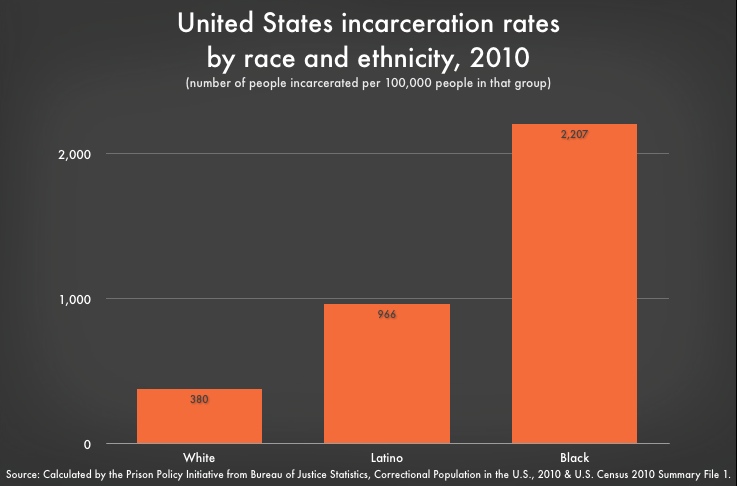 |
| Professor Atiba Ellis |
According to Professor Ellis: "In Shelby County, AL v. Holder, the Supreme Court, in a 5-4 decision split on ideological lines, declared unconstitutional the formula used under the Voting Rights Act of 1965 to determine which states and localities must receive pre-approval of their voting rights laws. This decision, which effectively ends the preclearance practice meant to preserve minority voting rights, will transform the right to vote for years to come. Once again, relying on the myth of racial progress, the Supreme Court failed to confront the racial balkanization in voting that exists, and it ultimately crippled the role that Voting Rights Act has in limiting it. . . ."
Professor Ellis goes on to critique the key analytical premise relied upon by Chief Justice Roberts: "The key premise of the Shelby County opinion is that the covered jurisdictions – mainly the ex-Confederate South – have changed so sufficiently that the government must reconsider selective preclearance enforcement of race-conscious remedies. The message of the Roberts opinion (and the Thomas concurrence) is that coverage formulas rooted to a past of racial discrimination in voting ignores racial progress. Indeed, Roberts implied that to hold to such formulas amounts to punishment of the states covered for their racial history. (Slip op. at 20).
The majority’s analysis is incomplete and unpersuasive on this key issue. Indeed, it sidesteps the arguments put forward by both sides concerning the degree of progress as “debatable” (Slip op. at 21) rather than grapple with exactly how much progress we have made to racial political equality. Instead, the majority simply asserted (again and again) that Congress had no basis in current political reality to rely on the current coverage formula. Id. Rather than account for the varied forms of second-generation voter intimidation as evidence on which Congress could have based its findings, the majority suggests that increased voter participation demonstrates enough progress towards racial political equality to effectively scuttle Section Five.
As I argued before concerning the Shelby County case, this incomplete picture of racial triumph ignores the political realities of modern voter suppression tactics and their racial impact. Relying on this ideological view causes the majority to fall into the trap of wanting to believe that the markers of progress represent success rather than confronting the far more complex reality. Moreover, without Section Five’s moderating influence and example, the voting wars will proceed unchecked – and we as a country may very well see the erosion of the right to vote. The consequences of this premature post-racial decision will likely define – negatively -- the scope of voting rights for the 21st century."
Professor Ellis succinctly describes the blinders that the majority opinion justices willingly wore when considering the Shelby County case. In reality, voting as a constitutional right should be openly encouraged of all citizens. In Brazil, voting is required with a Brazilian citizen paying a small penalty/fee if he or she fails to cast a ballot. Why is so much energy being put forth in the United States to actually restrict voting and access to the ballot box? Professor Ramirez provides some answers to that question in yesterday's post, calling GOP efforts to restrict voting an unconscionable "effort to disenfranchise voters of color nationwide." Voter fraud is pretext. Laws on the books appropriately punish those rare cases where individuals attempt to engage in voter fraud. Instances of voting fraud are miniscule. Efforts to dramatically restrict the rights of citizens to vote through voter ID laws, restricted early voting, and closing the number of polling places in large communities are all efforts to disenfranchise 21st century voters. This point escapes the five member majority of the Shelby County opinion (or they are ostriches as Justice Ginsburg argues).







